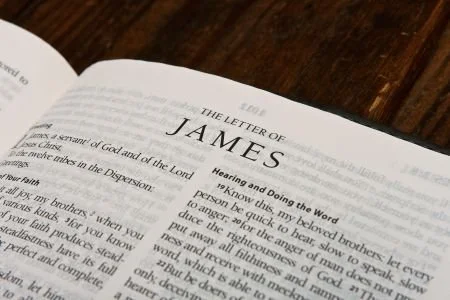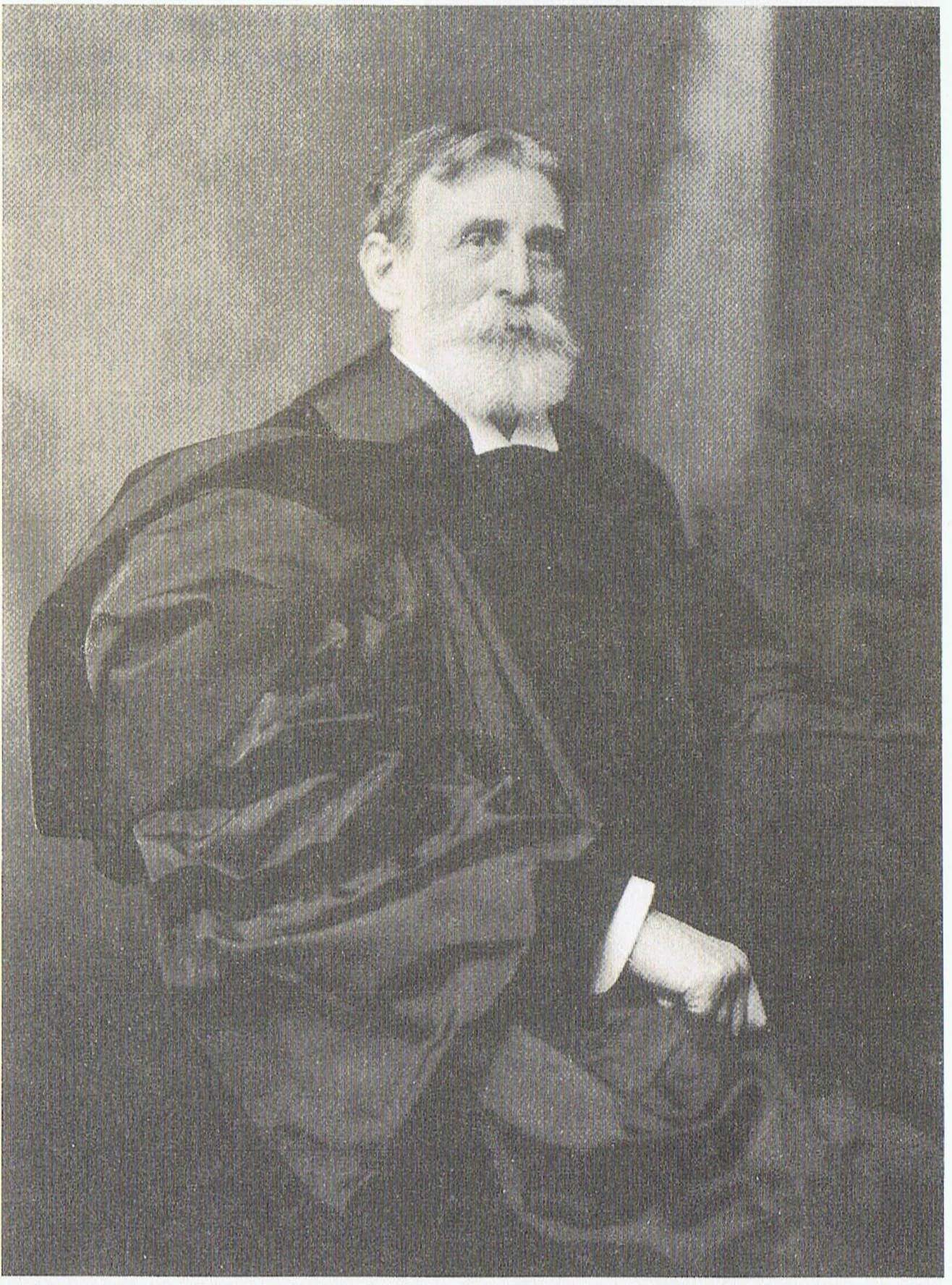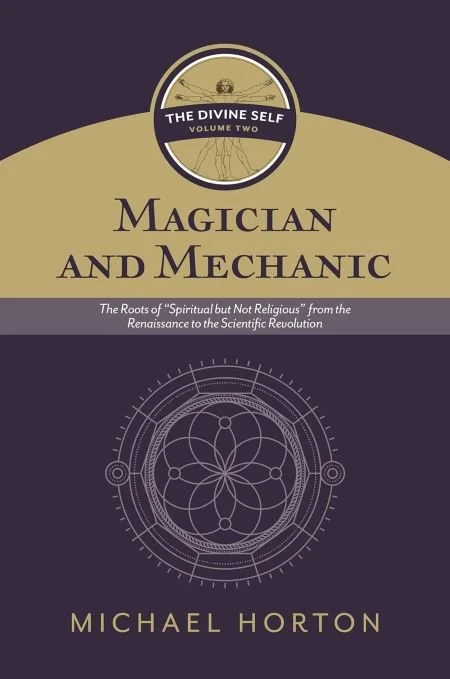Note: The following is an excerpt from the script of the Blessed Hope Podcast Season Two/Episode Five: "Labor and Toil, Calling and the Kingdom, Hindering the Gospel" (1 Thess 2:1-16). It has been edited for publication here.
Harsh Words for the Jews in Thessalonica
In verses 15-16 of 1 Thessalonians 2, we encounter one of the most controversial passages in all of Paul’s letters. Paul uses very strong language when he speaks of his own people, the Jews, as those “who killed both the Lord Jesus and the prophets, and drove us out, and displease God and oppose all mankind by hindering us from speaking to the Gentiles that they might be saved—so as always to fill up the measure of their sins. But wrath has come upon them at last!” Paul’s comments are considered by many of our contemporaries to be “hate speech” and anti-Semitic. People easily take great offense at such language–especially with growing anti-Semitism still found in the long shadow of the holocaust. Several critical scholars have even argued that these words were inserted into Paul’s letter at a later date so as to escape the difficulties this presents.[1] Sadly, the apostle’s words have been twisted on occasion by those who seek to justify violence against the Jewish people. What are we to make of this?
To start with, context is everything. Paul has just recounted to the Thessalonians how he had been treated in Philippi, then in Thessalonica, and even in Berea. This is the only place in his epistles where he speaks of the Jews as responsible for the death of Jesus.[2] In speaking this way, Paul echoes the apostle John, who in his gospel, speaks of “the Jews” as those associated with the chief priests who opposed Jesus throughout his entire messianic mission.[3] John’s reference does not extend to the Jewish people as a whole, but to the priests and scribes who sought to put Jesus to death.
Similar language is found in the Book of Acts, as Luke likewise ties the crucifixion to the Jewish religious leaders in Jerusalem.[4] It is a fact of history that the Jewish religious leaders led by the high-priest Caiaphas, turned Jesus over to the Roman governor Pilate as a seditious blasphemer who was a threat to the peace and security of Jerusalem during the Passover. It is also a fact of history, that shortly before writing these words, Paul was driven from Thessalonica by a mob (the “fellows of a baser sort” – cf. Acts 17:5) which surrounded Jason’s house and exacted bail from him, while Paul was rescued and fled for his life from the city. Any discussion of Paul’s words here must consider this recent escape from bodily harm at the hands of an angry mob.
To read the rest, follow the link below
Read More















